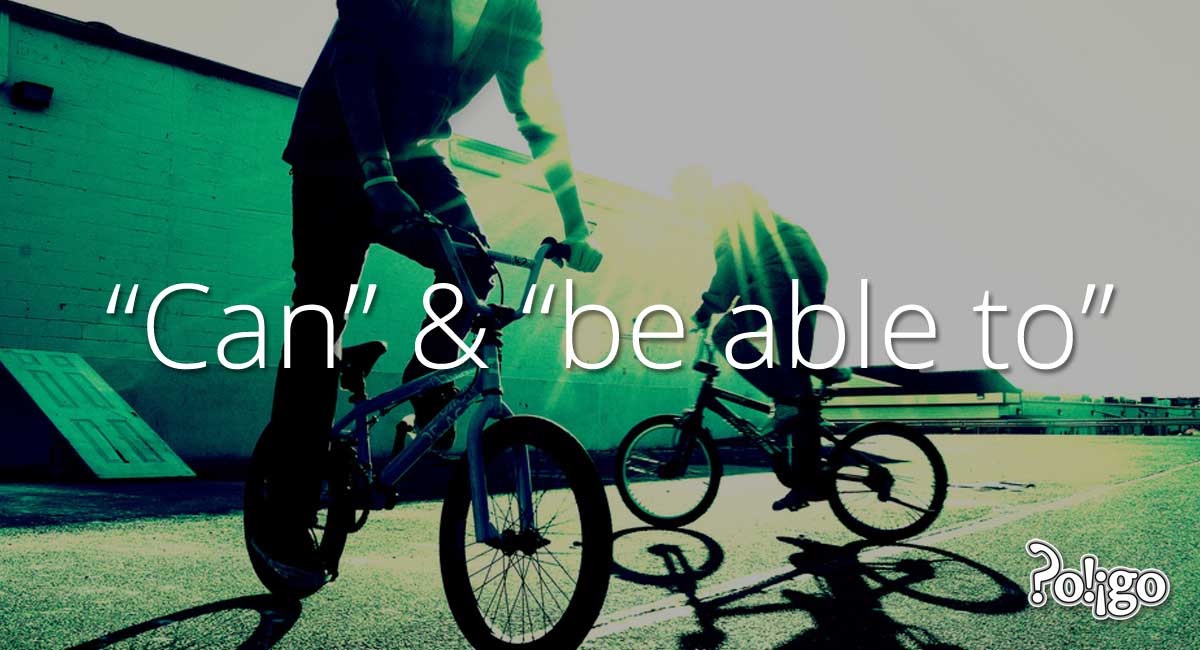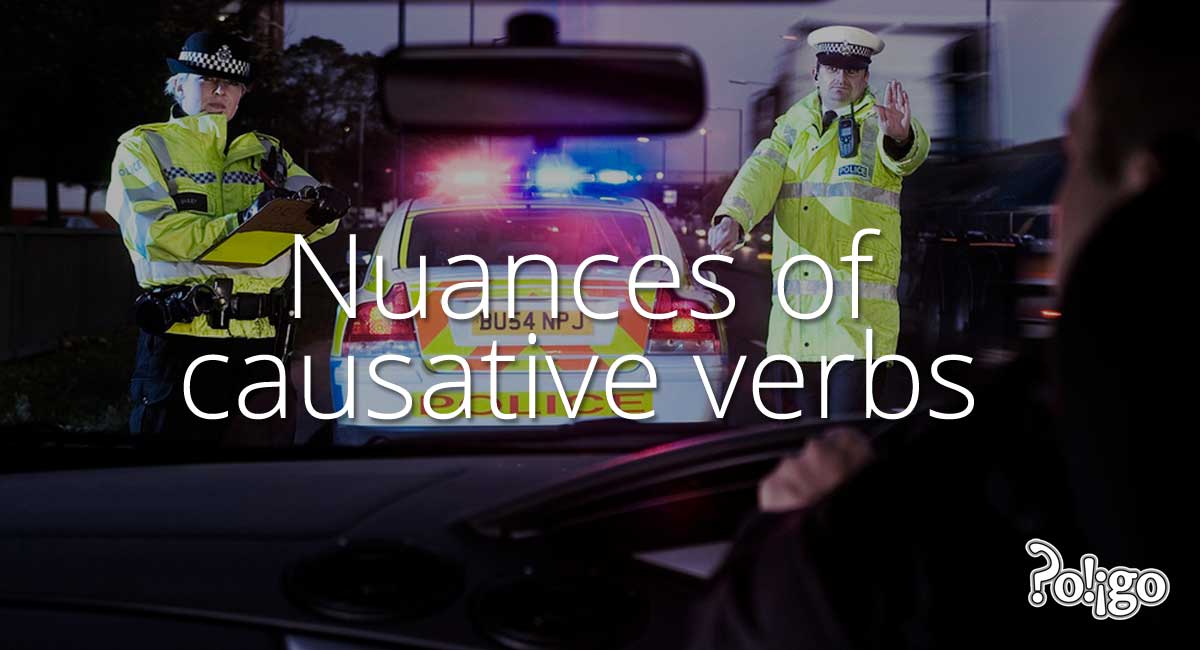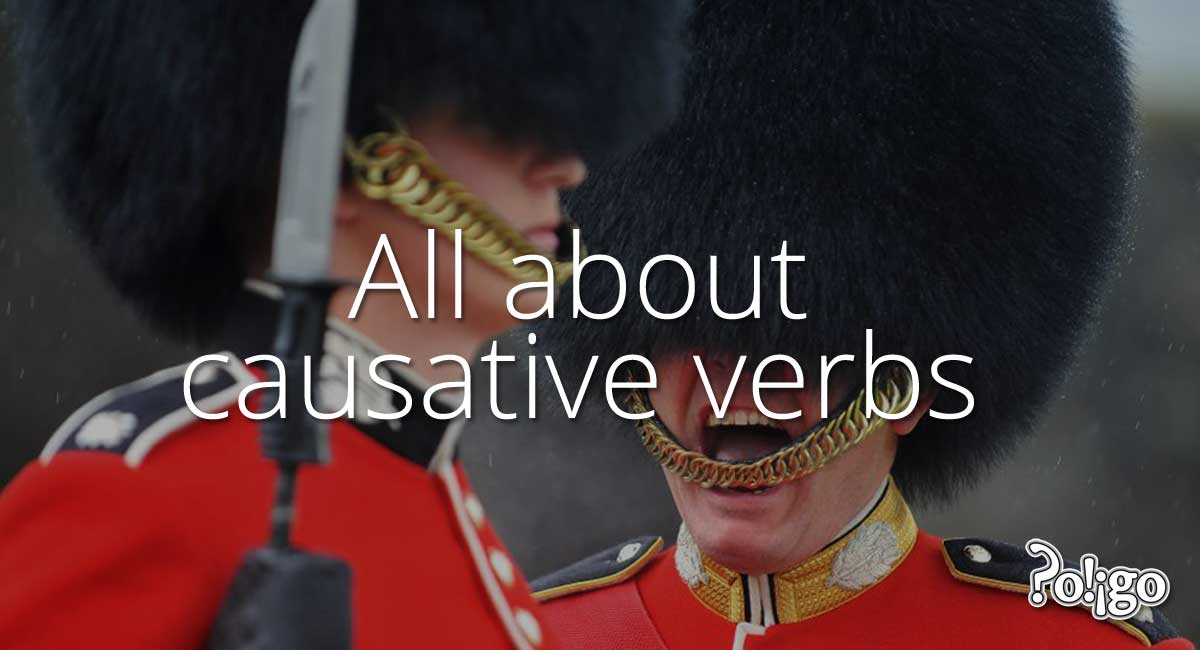
Often, you can use both "can" and "be able to" to talk about ability. Both of these sentences are OK:
- "Can you ride a bike?"
- "Are you able to ride a bike?"
However, "can" is more common.
"Be able to" can sound more formal, especially when you are talking about possibility because of a situation.
- "Can you come tomorrow?"
- "Are you able to come tomorrow?"
Sentence (2) sounds more like business English or some other formal situation. In your day to day life, you would use (1).
"Can" is better sometimes
There are some cases where you should not use "be able to" to talk about ability.
Talking about senses
When you use words to talk about your senses, like smell, hear, taste, feel or see, or words it is better to use "can":
- "I can see Mount Fuji from here!" is good; but
- "You are able to see Mount Fuji from here!" is a bit weird.
Know how to
If you mean "know how to", use "can":
- "I can cook."
- "Can you speak French?"
There is a difference between these two sentences:
- "Can you cook?" and
- "Are you able to cook?"
If I ask you (1), that means "Do you know how to cook?" If I ask you (2), that means "Do you have time to cook?" It is asking about your situation, and if it is possible for you to do it.
This second example might be a little difficult to understand, so I will give you an example. My wife knows I can cook. We have been married for years, and I cook most nights (she does not enjoy it, I do). I know how to cook. But imagine that she invites our friends to our house for dinner on Saturday. She knows that on Saturday afternoon, I am busy. She might ask me, "Are you able to cook for our friends on Saturday?" She means, "Do you have time to cook, or are you too busy?"
With a passive
It is strange to use "be able to" with a passive. In that case, you should use "can":
- "Our system can be used on smartphones" is OK, but
- "Our system is able to be used on smartphones" is weird.
Things happening now
If something is happening now, as you speak, use "can":
- "I tried and tried, and now, look, I can do it!" is natural, but
- "I tried and tried, and now, look, I am able to do it!" is strange.
- If you want to talk about past ability, use "could" or "was able to".
- If you want to talk about future ability, use "will be able to" (since there is no "will can"!).




